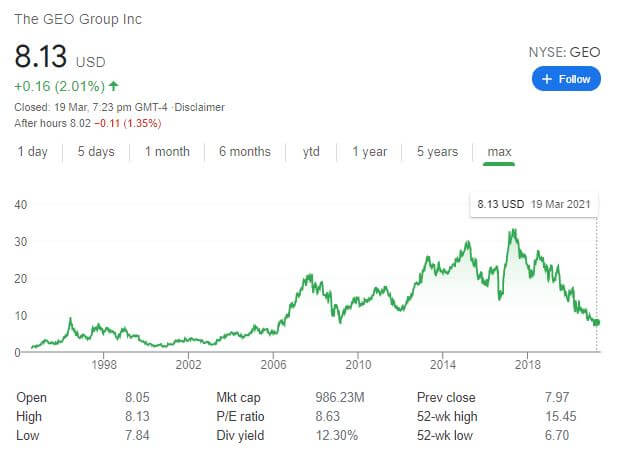In a press release late last Friday, the Victorian government continued promoting its construction of a new maximum-security prison outside Geelong. The prison will hold 1,248 prisoners at a cost of a cool $689.5 million.
The Victorian government, which has called itself the most progressive government in Australia, has increased the state’s prison population by 57 per cent over its decade in power.
The “progressive” qualities of this initiative, as presented by the Victorian government, are a parody of identity politics. In a February press release touting the same project, the government highlighted the fact that construction is directing “30,000 hours [of labour] targeted at Victorians living in postcode areas with high unemployment.” A portion of labour-hours will also go to apprentices and workers with a disability. So no-one is excluded from increasing the incarceration rate!
The Premier’s department adds, “Aboriginal and Torres Strait Islander workers have also been allocated 120,000 hours of work on the project,” and “the project will also direct a total of $16.3 million to social enterprises that support Indigenous and disadvantaged Victorians and people with a disability.”
Indigenous people in Victoria are 14 times more likely to be incarcerated than the state’s general population.
According to one analysis, Australia now has the highest rate of private administration of prisons in the world, and Victoria’s prison system is the most privatized of any Australian state. Privatized prisons were intended to be cheaper to run, but commercial-in-confidence agreements frustrate attempts to determine the cost to the state per prisoner.
The expansion of private prisons in Victoria is running in the opposite direction to trends elsewhere in the world. A late January executive order from the Biden administration prevented the US Federal Department of Justice from renewing contracts with private prison providers, and the State of California has also banned private prisons.
Forbes recently noted that with this shift in political sentiment, the two largest private prison operators – GEO Group and CoreCivic – have both lost half their market capitalisation in the past 12 months.

If the Andrews’ government wants to merit its self-claimed progressive moniker, it will need to do more than paint punitive public policies and lucrative private-sector outsourcing with the rhetoric of inclusion.
Follow Christian on Twitter for more news updates.